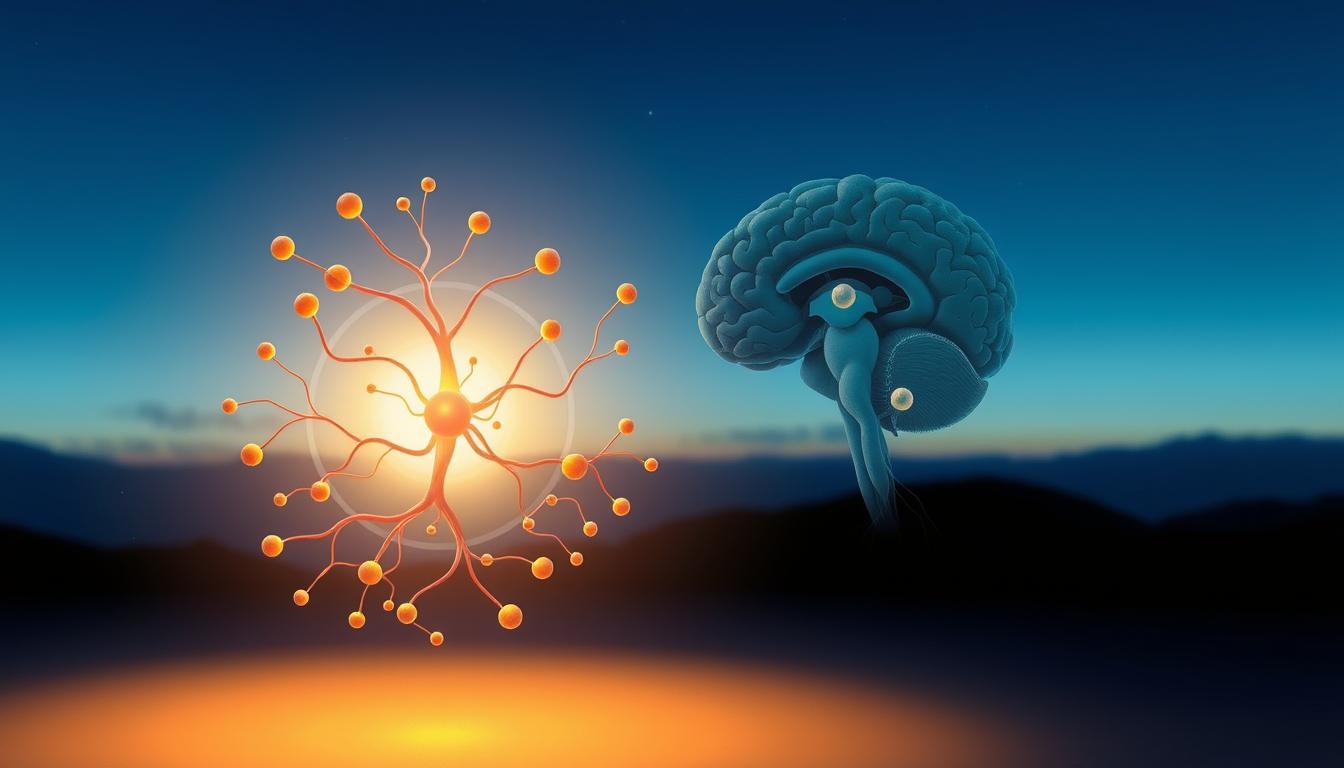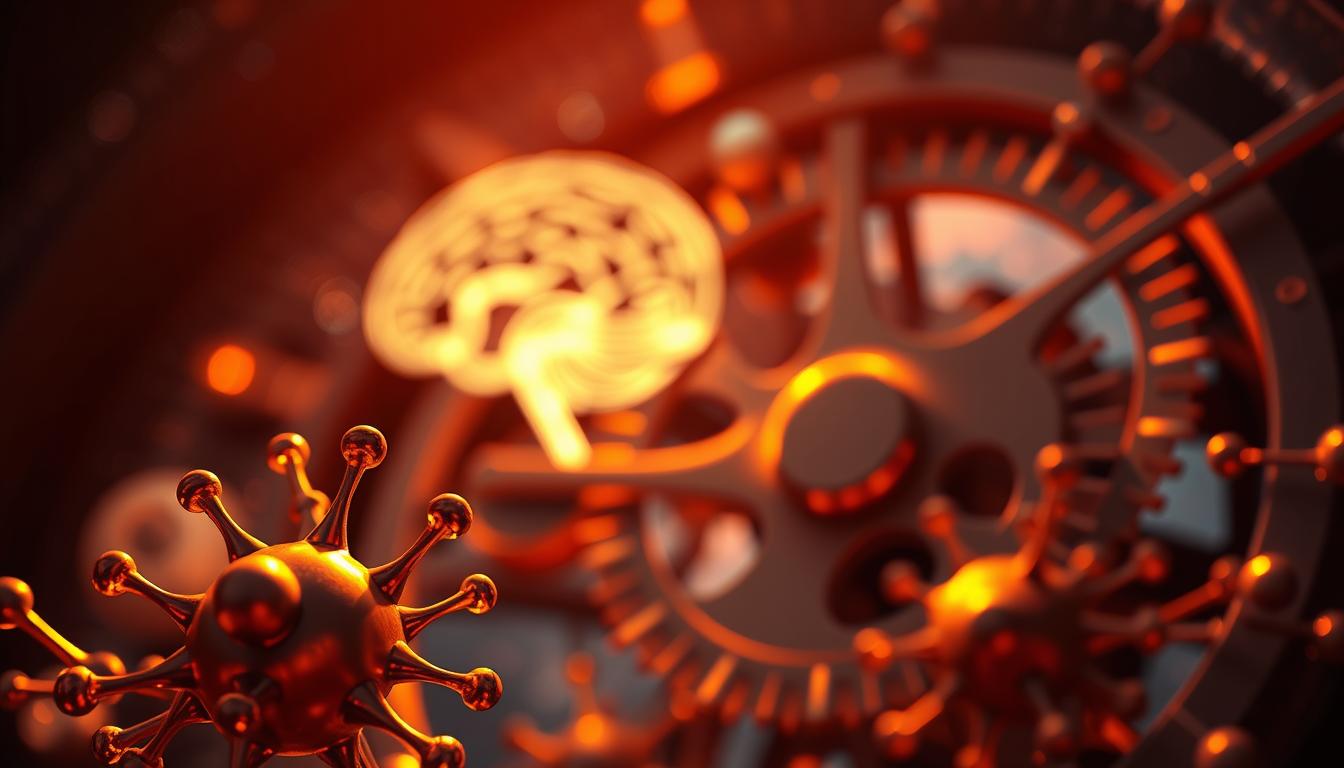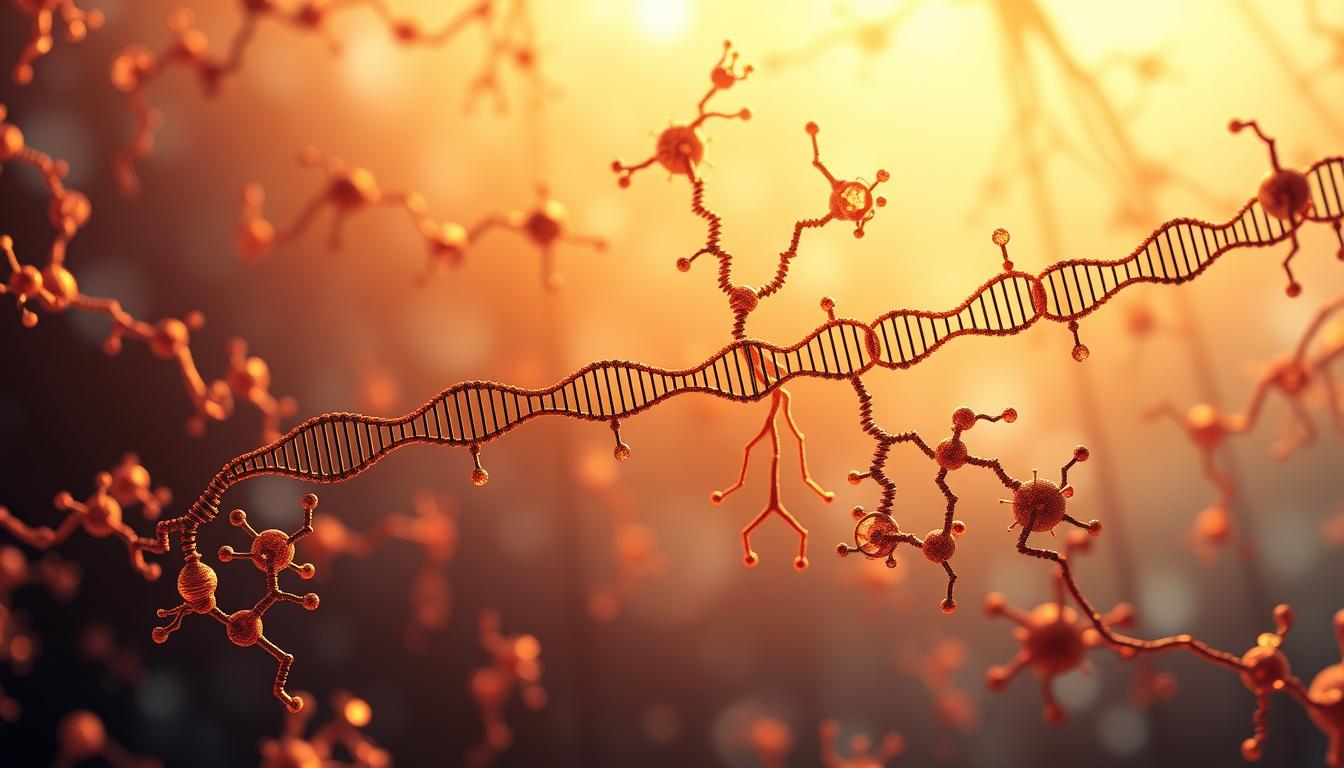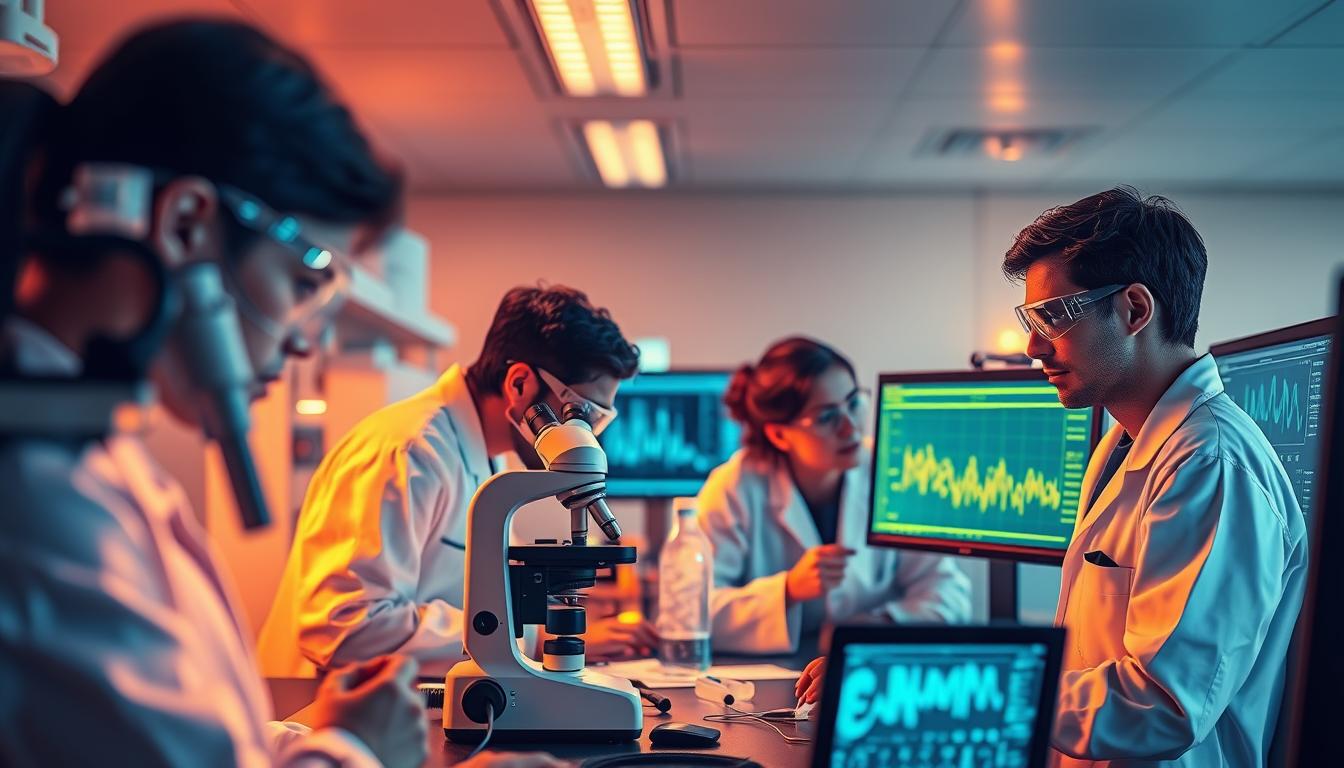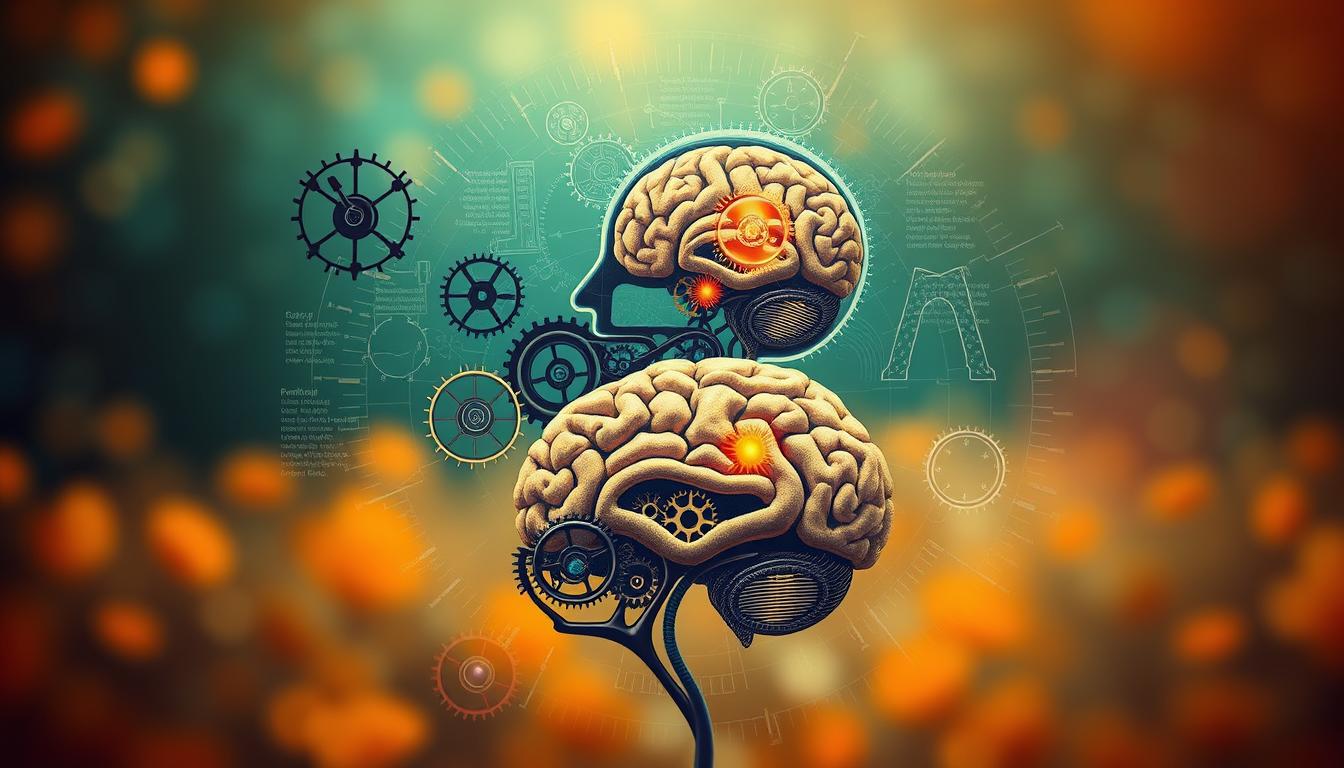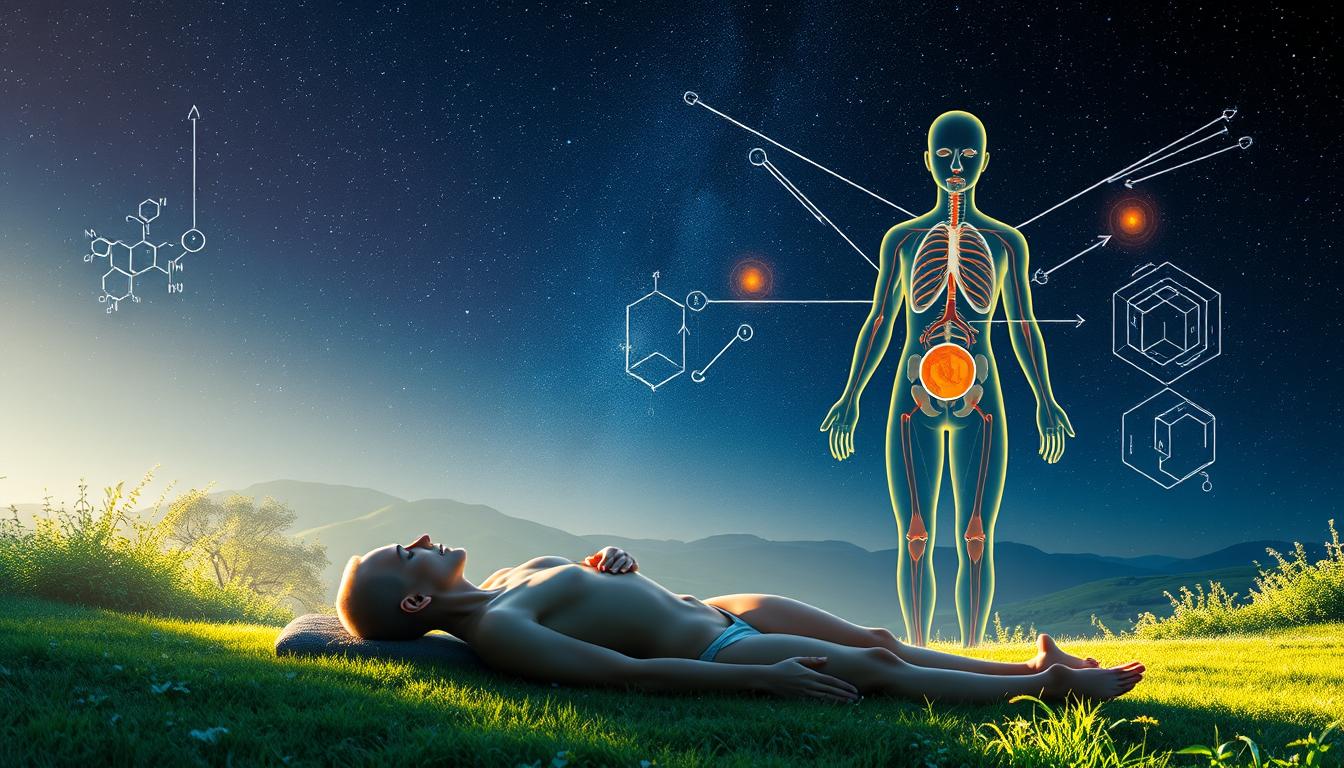Artificial Light and Circadian Disruption: Modern Concerns
Our lives are now filled with screens and LED bulbs. We use smartphones and office lights that didn’t exist before. These bright lights mess with our natural sleep cycles. This constant light exposure is a problem our bodies weren’t made for. It’s a big issue for millions of Americans every day. Most people don’t know … Read more



